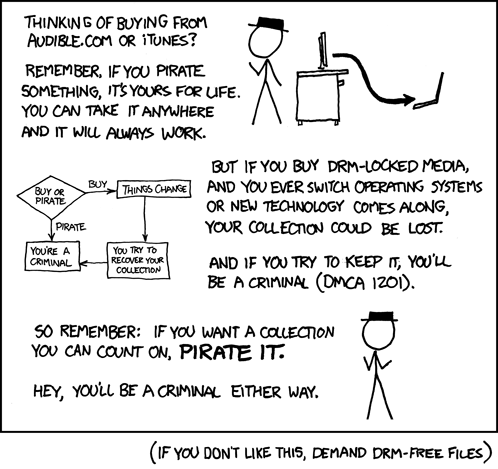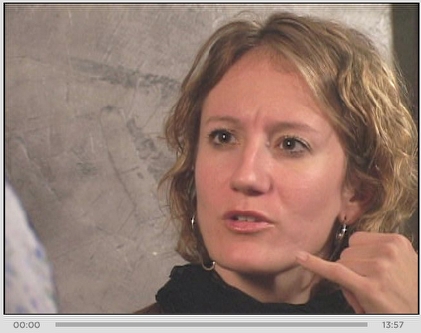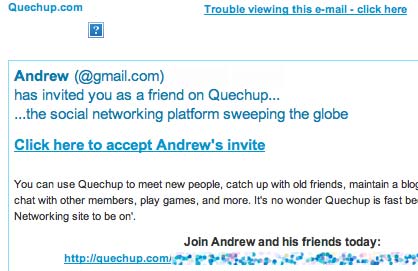Here’s an excellent idea. I’ll be on the West Coast on the 29th (I’m speaking at the Social Media Strategies conference), but I’m sure I’ll be able to fit this into my schedule for the day. This comes to me by way of my long-time friend and colleague Keri Pearlson (who might get one of those recommendations).
My dear friend and Enterprise 2.0 Evangelista, Susan Scrupski, has posted an idea that I m passing along to you. She s titled it LinkedIn Pay It Forward Day . She s suggesting that next week, on October 29, 2008 we all go visit the LinkedIn Page of someone in our social network and write a recommendation for them.
Susan explained, Everyone has worked with someone in their network who is deserving of a positive recommendation. The randomness of the recommendation will make it satisfying for you and the recipient.
Giving someone the gift of kind words is a wonderful idea. My daughter s class did that one year around the holiday time. It was free, and you should have seen the smile on the faces of the kids when they came home with their gift. My daughter put hers up on her wall and had me read it to her for months.
The idea of paying it forward is very appealing. As Susan mentions, in this economic environment, so many of our friends and colleagues find themselves out of a job or fearing that they may be. A gift of kind words is a great gift indeed.
I m endorsing her idea. I ve just put a note to myself on October 29 to go write a recommendation for someone in my social network. Let s all do that.
Pay it Forward on LinkedIn
kpearlson
Sat, 25 Oct 2008 04:14:42 GMT




